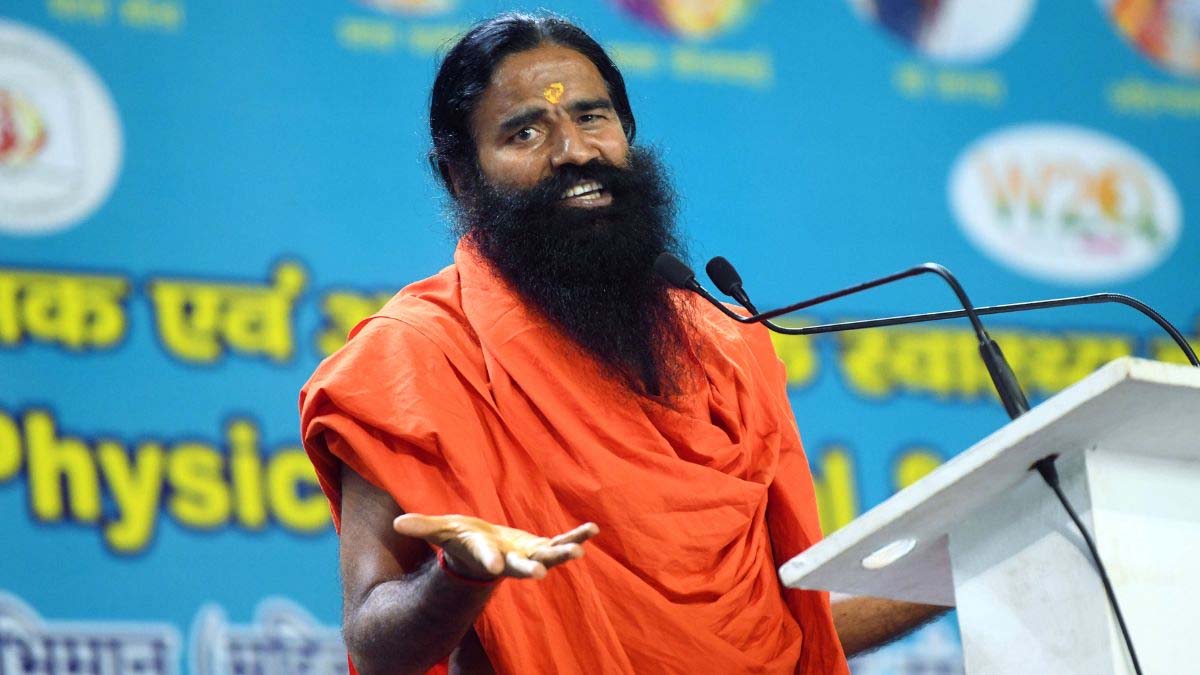In a recent ruling, the Supreme Court of New Delhi made a decisive stance, dismissing the apologies tendered by Swami Ramdev and Acharya Balkrishna, MD of Patanjali, concerning deceptive advertisements asserting remedies for various ailments.
Justices Hima Kohli and Ahsanuddin Amanullah, comprising the bench, unequivocally conveyed their skepticism towards the apologies presented by Ramdev and Balkrishna. Senior advocate Mukul Rohatgi, representing the defendants, was informed by the bench that their apologies failed to sway the court’s conviction. The bench highlighted their perceived nonchalance towards the proceedings and called attention to the perjury committed in relation to documents submitted.
Declining the apologies, the apex court viewed their actions as deliberate defiance of court orders. “We cannot afford leniency in this matter,” remarked the bench, emphasizing their precarious position.
Justice Kohli questioned the sincerity of their apologies, drawing parallels with their disregard for court directives. The apex court underscored the importance of sending a strong message to society.
Additionally, the Uttarakhand government counsel was reprimanded for their inaction against Patanjali, with the court expressing dissatisfaction with the ongoing proceedings.
The apex court denounced Balkrishna and Ramdev’s attempts to avoid personal appearance by providing false claims of international travel. The discrepancies between submitted documents and subsequent actions were scrutinized.
Furthermore, the bench criticized the Uttarakhand government’s complicity with Patanjali, calling for the suspension of implicated officers. Justice Amanullah admonished the government counsel, emphasizing the severity of the company’s actions and the potential consequences on public health.
Highlighting the failure of regulatory bodies, the apex court stressed the need for strict enforcement of laws without room for leniency or compromise. The licensing department was chastised for its passive role, with the court questioning their allegiance to Patanjali.
In summary, the Supreme Court’s firm stance reflects its commitment to upholding the law and ensuring accountability in cases of deceptive practices, emphasizing the need for rigorous enforcement and accountability at all levels of governance.









